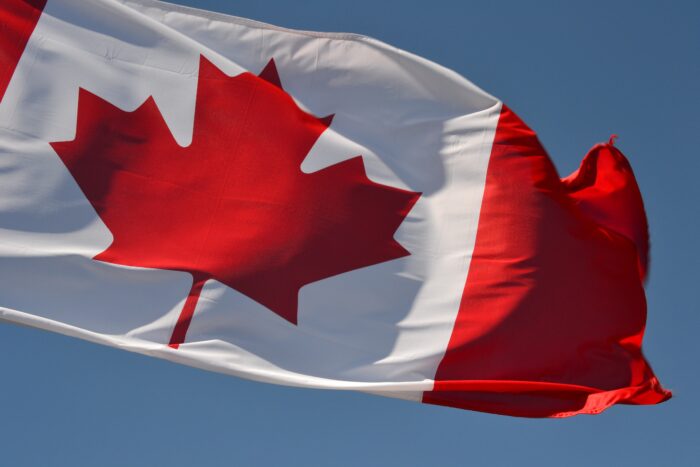
A bill under consideration in Canada would require platforms like Google and Meta to negotiate payments with publishers when they link to their content. In response, Google, which opposes the proposed law, is testing blocking news in a small number of searches.
From The Canadian Press on Tuesday evening:
The company said Wednesday that it is temporarily limiting access to news content for under four per cent of its Canadian users as it assesses possible responses to the bill. The change applies to its ubiquitous search engine as well as the Discover feature on Android devices, which carries news and sports stories.
All types of news content are being affected by the test, which will run for about five weeks, the company said. That includes content created by Canadian broadcasters and newspapers.
The tests “limit the visibility of Canadian and international news to varying degrees,” Google told Reuters.
Bill C-18, the Online News Act, is modeled on legislation that passed in Australia in 2021. The bill, which has already passed Canada’s House of Commons and moved on to the Senate, would, among other things, require platforms that “facilitate” access to news — by linking to it in search results, for instance — to compensate the publishers of said news.
For more background on both sides, we ran a piece last year discussing how the bill could be modified. Our Josh Benton called the law that passed in Australia “a warped system that rewards the wrong things and lies about where the real value in news lies.” The Canadian academic Michael Geist has written extensively criticizing the bill, as has Canadian journalist and former Wikimedia Foundation director Sue Gardner, while David Skok, CEO of Canadian news site The Logic, calls it “a necessary evil in order to maintain balance in Canada’s media ecosystem.”A spokesperson from the Department of Canadian Heritage, whose minister Pablo Rodriguez is the sponsor of Bill C-18, criticized Google’s action, telling the Globe and Mail, “At the end of the day, all we’re asking the tech giants to do is compensate journalists when they use their work.”
This is not the first time that platforms have tested blocking news in countries where they are under legal threat: The company conducted a similar “experiment” in Australia in January 2021. In February 2021, Facebook temporarily blocked Australian users from sharing or viewing Australian and international news, sending publishers’ traffic tumbling. Facebook parent company Meta has said it’s ready to do the same in Canada.CP reporter @MickeyDjuric was having some trouble finding some news stories online. She covers the Canadian Heritage beat so she asked Google whether something was up. She was right.https://t.co/QTJQiWRiS5
— Joanna Smith (@smithjoanna) February 22, 2023
This explains everything about my failed Google searches this week.
According to Google the only companies writing news lately are Politico, Farmers Forum and MSNhttps://t.co/Sj01NOVXWQ
— Marieke Walsh (@MariekeWalsh) February 23, 2023
If you’re having problems accessing @TheTyee stories, try using something other than Google, like Firefox or Bing
(Also please drop me a note if this is happening) https://t.co/aHiwuOjGOS
— Jen St. Denis https://journa.host/@jenstden (@JenStDen) February 23, 2023